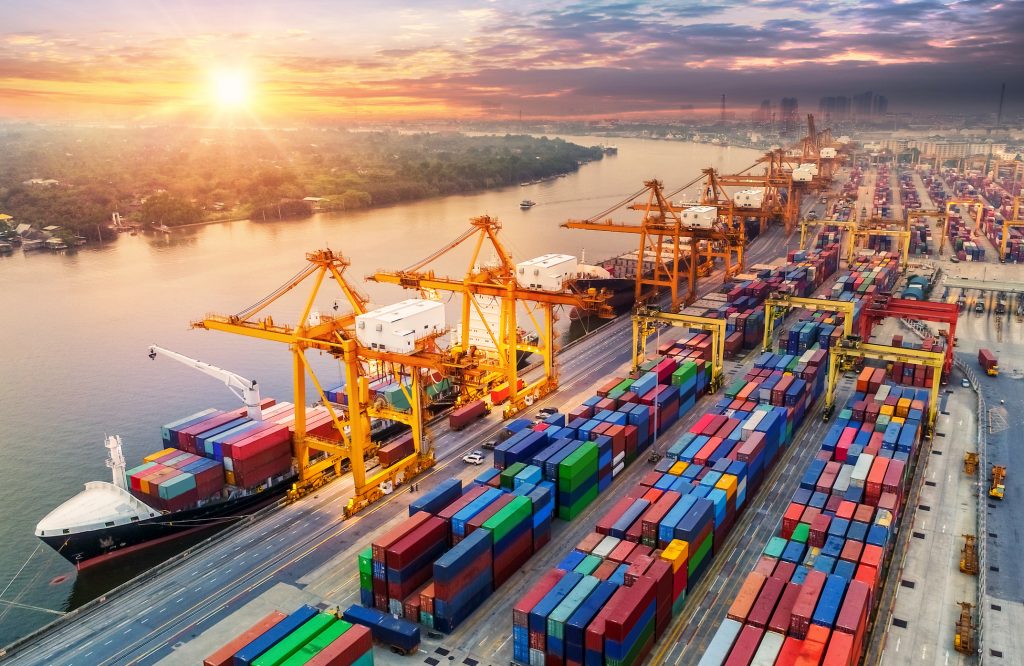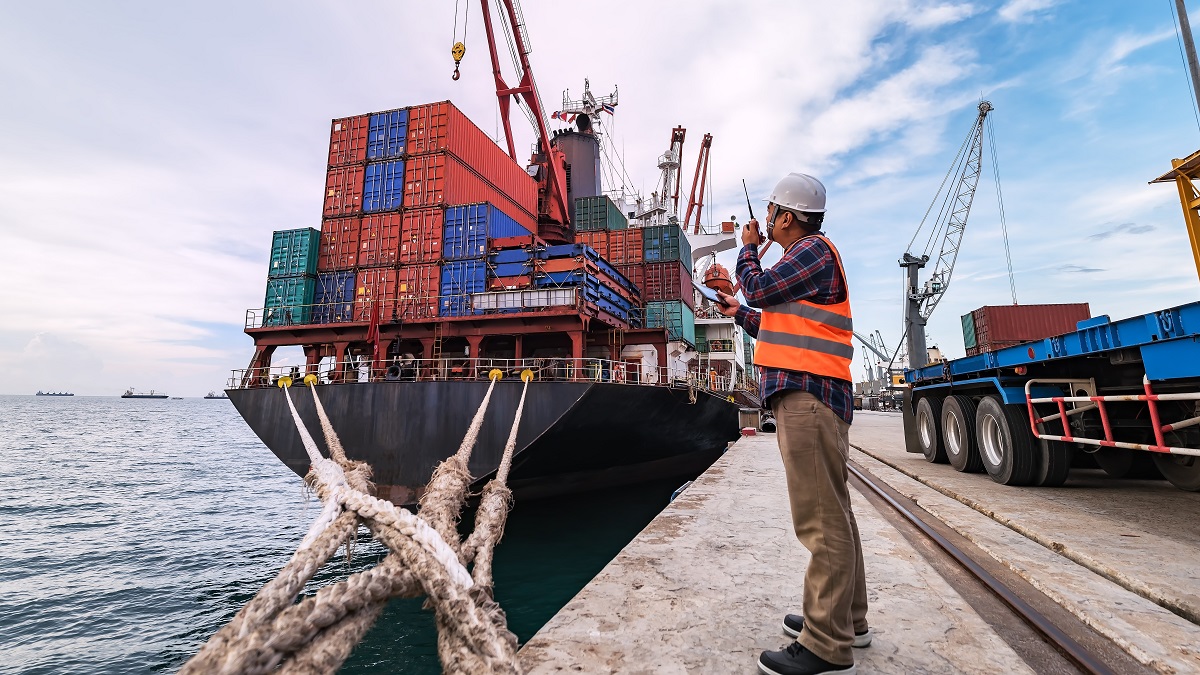Urgent Logistics: How Bestsourcing Agents Help Navigate War-Disrupted Routes
War-time disruptions have placed immense pressure on global logistics systems. From blocked sea lanes and delayed airfreight to damaged infrastructure and heightened inspection protocols, traditional supply chains are strained to the breaking point. For U.S. importers relying on smooth international transit, these challenges are more than logistical—they’re financial, reputational, and strategic.
In this environment, the role of a bestsourcing agent becomes essential. These agents are not just intermediaries—they are problem-solvers who understand how to navigate crises, build redundancy into supply chains, and adapt sourcing strategies in real time. When routes close or shipping gets rerouted, experienced agents become a critical asset for maintaining business continuity.
How War Affects Global Supply Routes
Geopolitical tensions or active conflicts often result in disrupted shipping corridors, sanctions, fuel shortages, and higher insurance premiums. Recent military actions in strategic maritime zones have slowed down commercial transit and forced suppliers to seek longer, costlier detours.
Airfreight is also impacted. Routes are redirected to avoid no-fly zones, increasing transit time and operational complexity. On land, truck movements across borders can be delayed due to added inspections or military controls. These delays compound quickly, especially for businesses that rely on just-in-time delivery models.
This makes it harder than ever for U.S. companies to predict shipping timelines or manage logistics without on-ground expertise. A bestsourcing agent asia fills that void by offering direct access to alternative networks and contingency planning.
Local Intelligence and Route Diversification
A bestsourcing agent doesn’t rely on one supplier or one route. With a deep understanding of multiple sourcing hubs and transit pathways, agents can quickly switch freight to different ports, use secondary airports, or move goods through neighboring countries unaffected by conflict.
This diversification reduces reliance on high-risk corridors and creates flexibility in times of crisis. The agent maintains real-time communication with freight partners, customs brokers, and warehouse operators, allowing them to reroute shipments before delays escalate.
Because a bestsourcing agent asia operates across key manufacturing regions—including Vietnam, Indonesia, India, and Bangladesh—clients can also reassign production away from conflict-adjacent zones when needed.
Access to Warehousing and Cross-Docking
In war-disrupted logistics scenarios, warehousing becomes a critical buffer. A bestsourcing agent can secure temporary storage close to manufacturing locations or near transshipment hubs. This allows goods to be held securely while alternative shipping is arranged.
Cross-docking facilities, managed by sourcing agents, speed up the transition between suppliers and final delivery. These logistics strategies keep supply chains moving while minimizing long-term storage costs and reducing inventory risks.
For U.S. buyers shipping electronics, perishable goods, or high-value items, the ability to pivot logistics flow through reliable, agent-managed hubs ensures customer commitments are met.
Emergency Freight Booking and Insurance Coordination
During international instability, logistics pricing becomes volatile. Freight availability tightens as carriers reroute or cancel services. Insurance rates climb in regions deemed high-risk. Importers may struggle to find affordable, available lanes for urgent shipments.
A bestsourcing agent uses established relationships with regional freight forwarders, couriers, and airlines to negotiate emergency booking slots. They coordinate insurance underwriters to ensure coverage is maintained despite changing geopolitical classifications.
By centralizing freight negotiation, documentation, and customs support, the agent simplifies complexity and reduces financial exposure for U.S. importers.
Securing Compliance in New Transit Zones
When goods are rerouted, new documentation, tariffs, or regulatory rules may apply. Failing to meet local compliance standards results in penalties, delays, or product confiscation.
A bestsourcing agent ensures that all logistics documentation—certificates of origin, commercial invoices, export permits, and labeling—is updated according to each region’s requirements. Their on-ground teams coordinate with local governments and ports to ensure seamless transitions across borders.
This compliance oversight is particularly important for regulated industries such as pharmaceuticals, food, or medical devices, where delays can lead to lost shelf life or contract breaches.
Proactive Inventory Planning for War-Time Uncertainty
Businesses can’t afford to adopt a reactive posture when dealing with war-disrupted routes. A bestsourcing agent asia helps forecast potential transit issues and adjusts production or stocking schedules accordingly.
This includes identifying buffer inventory thresholds, diversifying suppliers across multiple countries, and pre-scheduling shipments based on real-time route availability. The agent’s job is to anticipate trouble, not just respond to it.
Many U.S. retailers are now building “war buffers” into their inventory with the help of experienced sourcing professionals to ensure products arrive ahead of peak season even when geopolitical tensions rise.
Examples of Critical Sectors Benefiting from Agent Support
Industries particularly vulnerable to logistics volatility include:
-
Consumer Electronics: Delicate components require predictable transit and customs compliance.
-
Apparel and Footwear: Fast fashion timelines don’t allow for shipping delays.
-
Medical Supplies: Short shelf life and strict documentation need proactive handling.
-
Machinery and Parts: Large-scale shipping with multiple stops demands rerouting strategies.
For each of these categories, a bestsourcing agent tailors the logistics plan and supplier mix to ensure continuity, even when trade lanes close.
Final Thoughts
War-time logistics require more than backup plans—they require informed execution. U.S. companies without regional sourcing support face an uphill battle in maintaining inventory flow and production timelines during conflict. In contrast, importers working with a bestsourcing agent asia are equipped to navigate complex disruptions with agility and precision.
By offering alternate routes, rapid compliance coordination, and direct communication with freight providers, a sourcing agent reduces the guesswork in global logistics. Businesses that act now and invest in these partnerships are not only safeguarding their supply chains—they are gaining a competitive edge in a volatile world.

